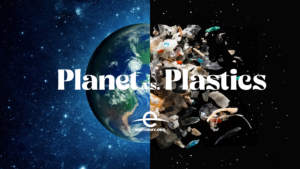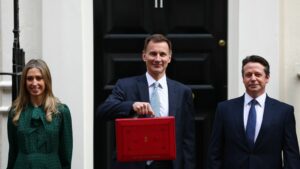This week, Michael Gove announced that the UK will introduce a plastic bottle deposit return scheme (DRS) to increase recycling rates and reduce the amount of litter polluting our land and seas.
The scheme will work by using a “reverse vending” process, in which consumers are refunded money for returning their drinks bottles back to retailers. Research by the parliamentary Environmental Audit Committeefound countries with deposit return schemes tended to recycle between 80% and 95% of their plastic bottles. It is hoped that the scheme will be able to boost England’s stagnating recycling rate, which is 57% for plastic bottles, compared to other European nations who are recording recycling rates for bottles at 98%.
While the introduction of the DRS has been hailed as a success by many environmental groups, some troubling questions are starting to emerge about how the scheme will be implemented and how it will impact current systems in the UK.
Can our infrastructure cope?
The UK is considerably more densely populated than other the European nations using DRS, which poses technical challenges for implementation. Experts have warned that there are not currently enough recycling plants to process the increased amount of plastic that would need to be processed on home soil. Local councils have also expressed concerns that implementing a deposit return scheme on top of current waste and recycling systems could undercut their revenues, which currently benefit from plastic recycling collections. PET bottles are worth around £130 a tonne, which is a major income stream for local councils.
Are retailers on board? Major retailers are largely on board with the DRS, but some issues have been raised over how the scheme will work in practice and a lack of overall brief. Many in the retail industry feel there is no clear direction on how users will interact with the scheme, such as the fact that different strategies will be needed for urban areas and more sparsely populated areas. There is also no clear consensus as to which system people should favour – their kerbside collection or the DRS?
Will the scheme reducer litter?
Litter reduction has been cited as one of the key aims of the deposit return scheme, but there is little evidence that the scheme will actually achieve this. Reducing litter and encouraging recycling on the go is a notoriously difficult behaviour to address. A DEFRA report has shown that monetary or other rewards are unlikely to encourage consumers to use recycling bins outside of their house. A German study published four years after its deposit scheme was introduced also found no evidence of litter reduction.
Can the scheme succeed?
The positive news is that the DRS has come at a time when people are increasingly aware of the dangers of plastics and the need to avoid throwing them in the bin or leave them lying around without properly disposing of them. Our ‘plastic problem’ has become a topical issue, thanks to the Blue Planet II series and various social media campaigns, which have led to some major retailers making pledges to reduce the amount of plastics they produce or use on site. This political climate suggests the DRS would receive high levels of engagement and correspondingly high plastic recycling rates.





